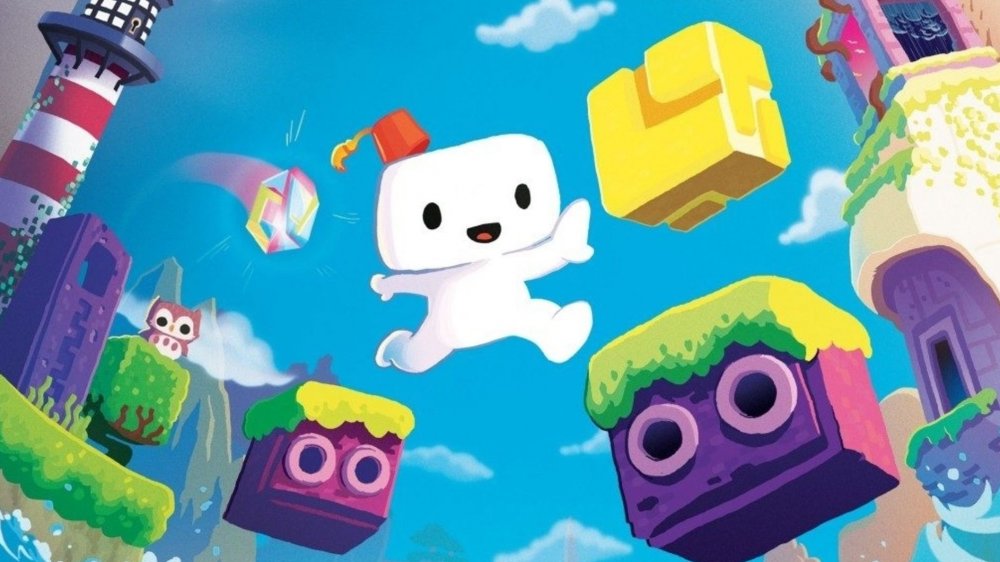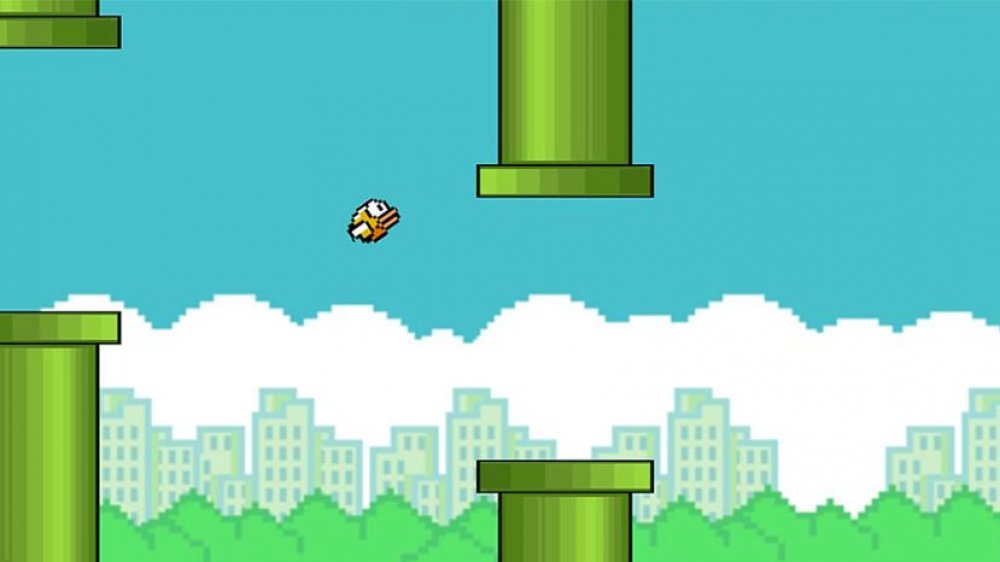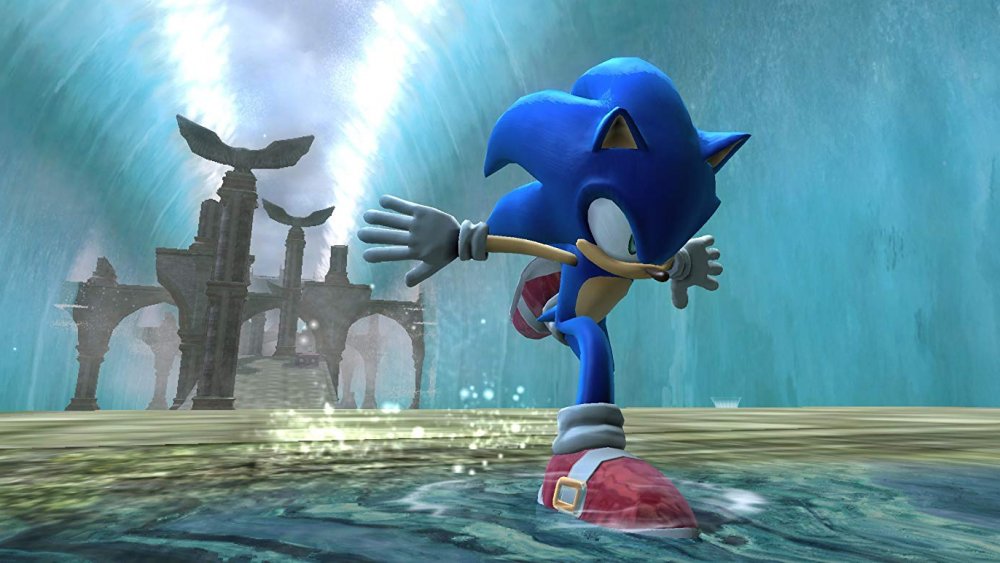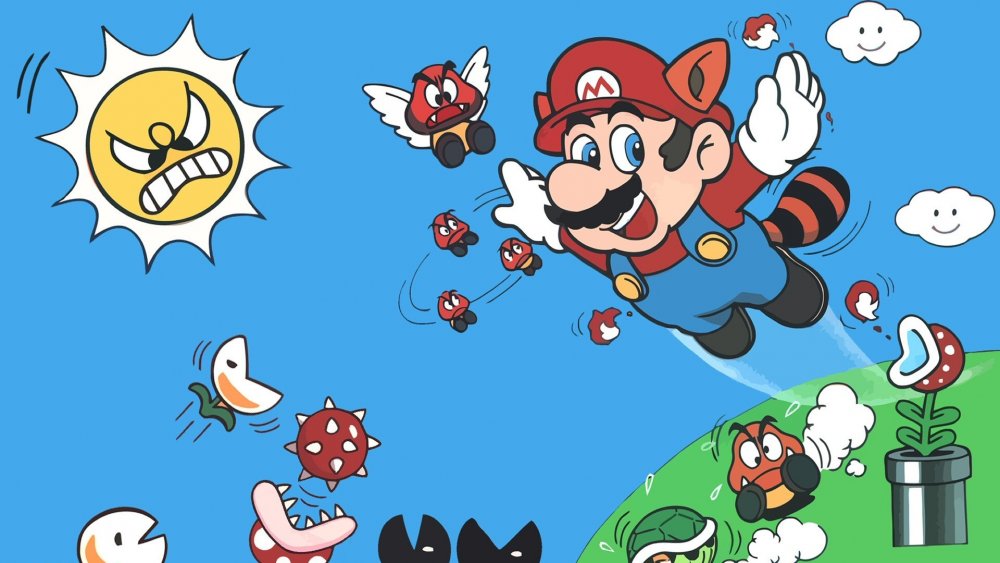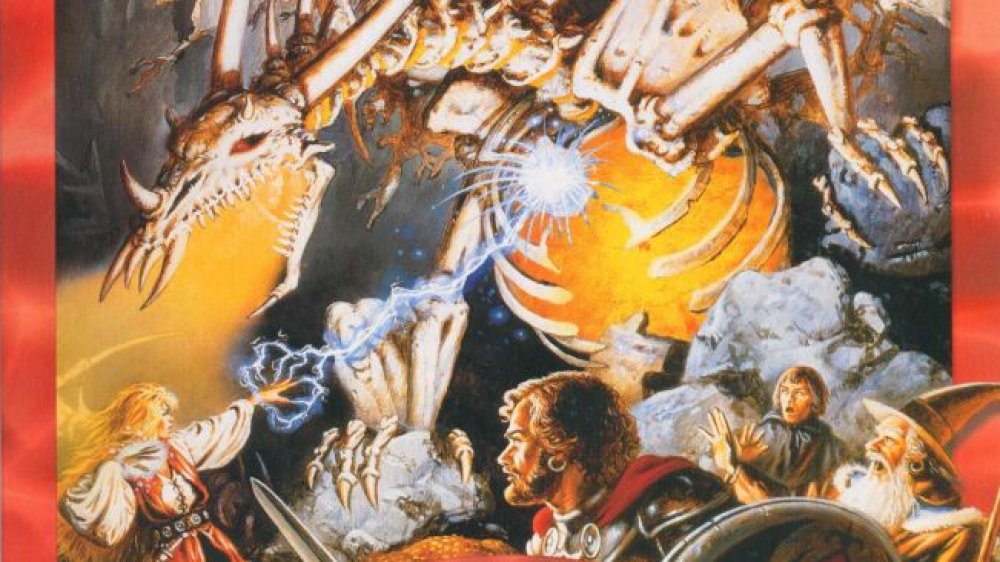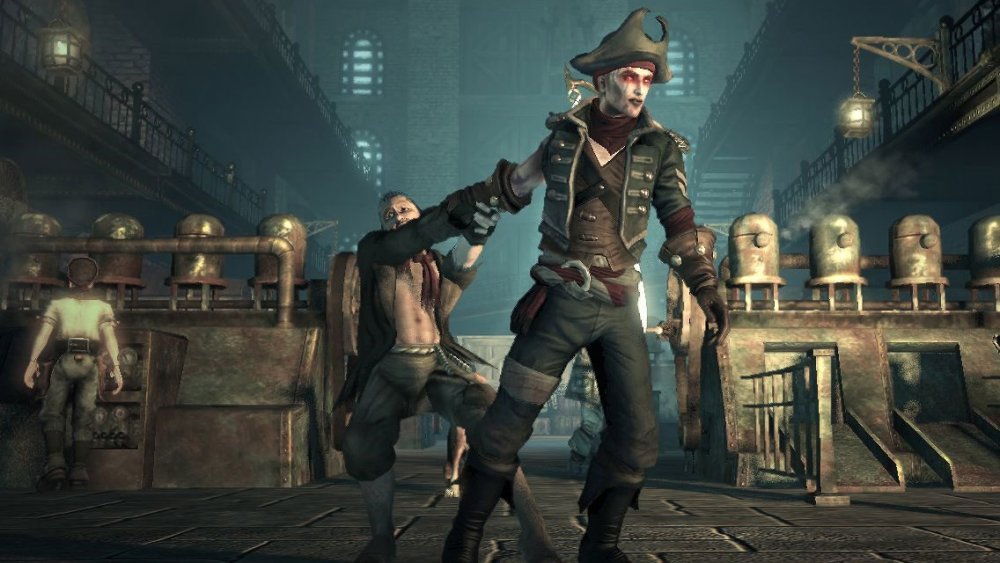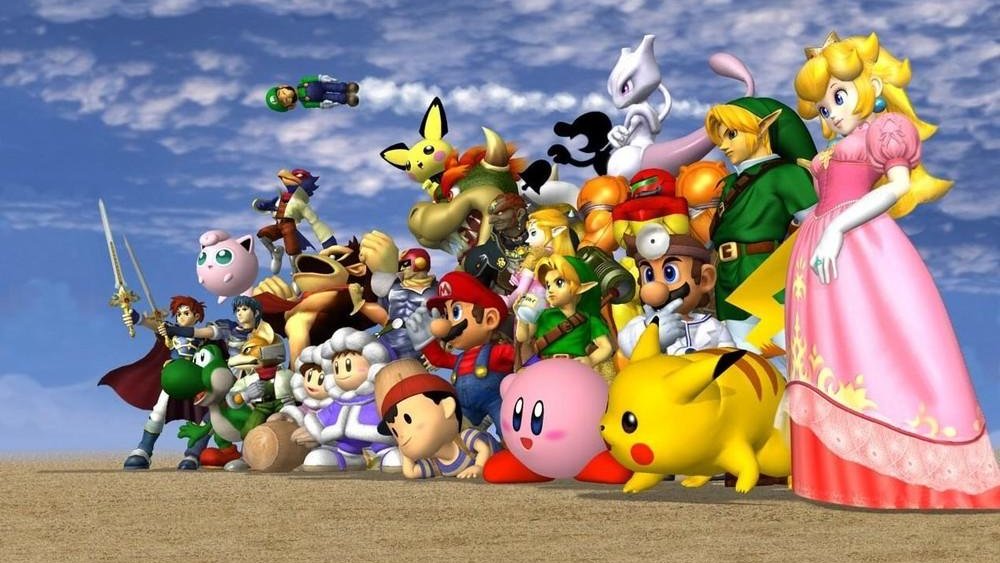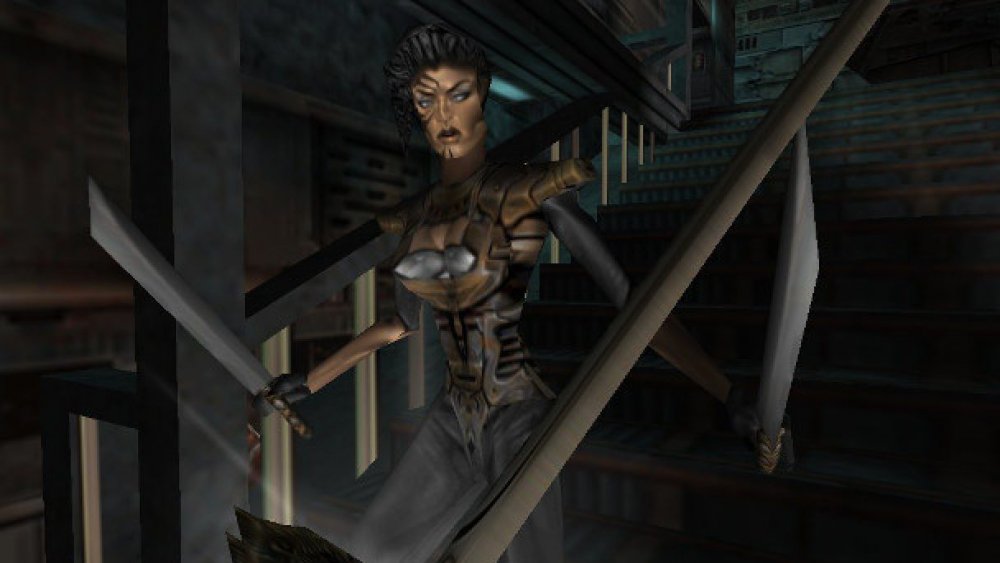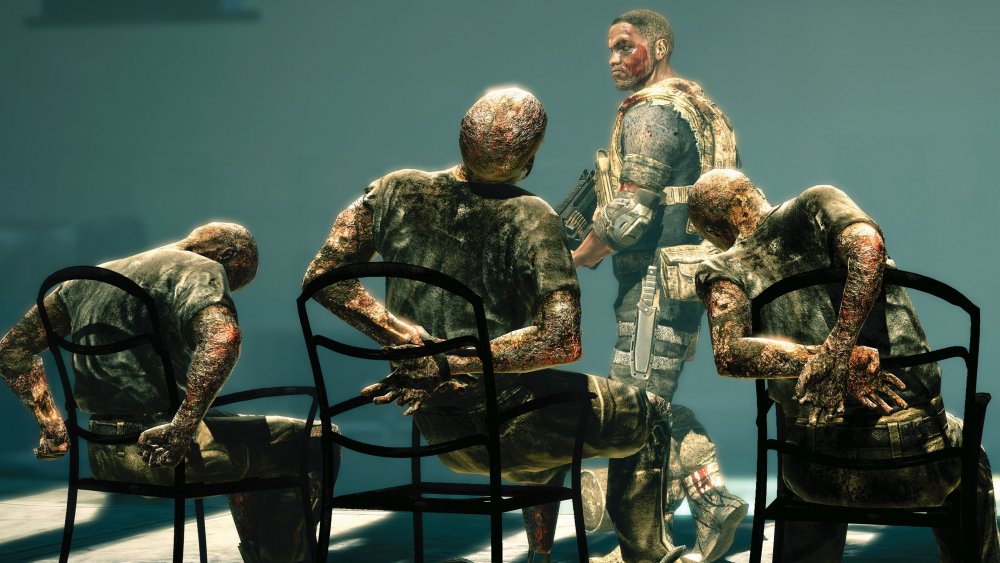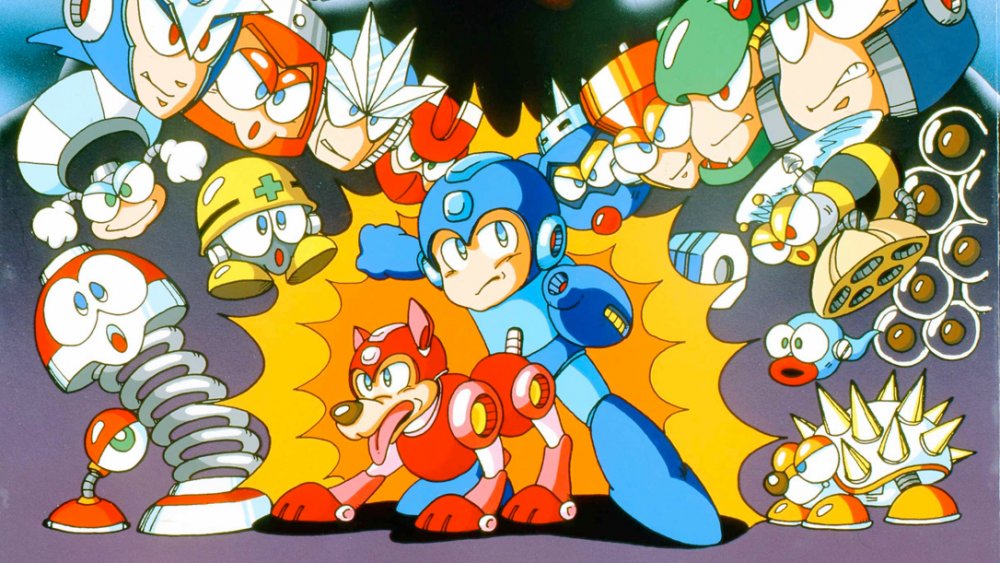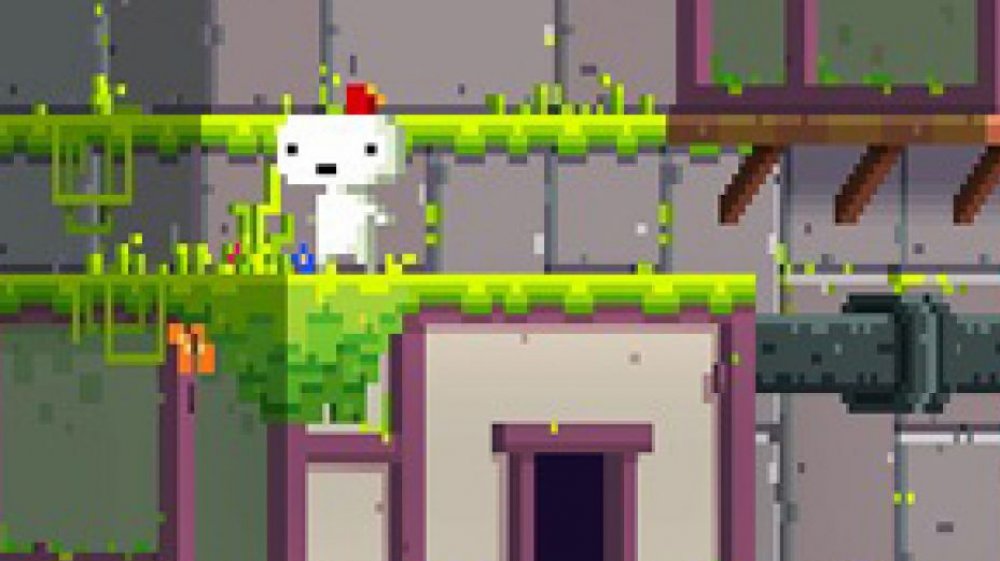Developers That Bashed Their Own Games
Like most artists, video game developers are people that generally have quite a bit of passion for their craft. They enjoy creating new worlds and coming up with interesting challenges for the gaming community to face. When a game turns out just the way it was intended, it can be a joyous experience for gamers and developers alike. However, this is not always the case.
Sometimes a game can turn out very differently from what the developer envisioned. Other times, even a well-loved game can fall short of its creator's goals. In many cases, the developers and publishers of games will put all of their positive energy behind a product — even one that they're not entirely proud of — in the hope that it'll catch on with the public.
Then there are the developers that don't see the point in smiling through the tears. On occasion, a developer will be completely honest in bashing its own work. Here's a look at the creators who regretted their "masterpieces."
Flappy Bird was addictive
Remember Flappy Bird? This mobile game from Vietnamese indie developer Dong Nguyen took off in a big way back in 2013. The game was infuriatingly difficult, with players tapping their phones frantically to guide a tiny bird between a series of tubes with a Super Mario-esque level design. One wrong move meant a game over, and mobile gamers couldn't get enough. At the game's peak, it was earning around $50,000 a day through in-game advertising.
However, this success was a double-edged sword, one that forced Nguyen to eventually pull the plug on his own creation. A little under a year after its debut, Nguyen pulled the game from sale.
When asked why, Nguyen explained he felt the game had become too much of "an addictive product." He further expressed guilt over the fact he had benefited from said product. In the game's absence, hundreds of Flappy Bird clones sprang up to fill the void. The original is gone forever, though, thanks to the second thoughts of its mournful creator.
Sega dunks on Sonic '06
2006's Sonic the Hedgehog (commonly referred to as Sonic '06) is an infamous game among fans. It has been roundly ridiculed for its many bugs and messed up plot. There are a few reasons why the game turned out like this: Not only did it change directors midway through production, but the final version was rushed to make a specific release window.
The game's original director, Yojiro Ogawa, said as much in a 2007 interview: "The reason why we probably ended up with what we see today ... is that we did want to launch the title around Christmas, and we had the PS3 launch coming up, but we had to develop for Microsoft's 360 at the same time and the team had an awful lot of pressure on them. It was very hard for the team to try and see how we were going to come out with both versions together with just the one team."
Ogawa isn't the only person attached to Sonic '06 who has mocked the game. Even the official Sonic Twitter account has taken the game to task, posting gifs of the game's bugs in action.
Miyamoto is embarrassed by Super Mario Bros. 3
Yeah, it's kind of hard to even believe that this sentence is real, but it's true: Shigeru Miyamoto isn't crazy about Super Mario Bros. 3. The classic NES game in which Mario first took flight is looked upon with a bit of disdain by the beloved Nintendo designer.
In a 2010 interview with Techland, Miyamoto expressed his feeling that the game was fine for the time it was created, but that it hadn't aged particularly well. "I look back and play some of these games and there are a lot of places where, to be honest, I'm a little embarrassed," said Miyamoto. "I look at Super Mario 3, and was like, 'This was it?! This is what we thought was good enough?' That being said, I do have new understandings of that work. The balance in that game is what it needed to be at that time."
Sure, he's not saying it's a bad game, but it's interesting to note that the man behind some of the biggest games of all time doesn't have the fondest feelings for one of his most revolutionary offerings.
Descent to Undermountain was "crap"
Descent to Undermountain was an Advanced Dungeons & Dragons adaptation developed and released by Interplay in 1998. The game had a difficult development cycle, especially since it used a gameplay engine that didn't actually seem compatible with dungeon crawling and roleplaying. The resulting product was littered with buggy AI and hideous graphical oddities. It has commonly been referred to as the worst Dungeons & Dragons video game adaptation of all time. As GameSpot's review pointed out, it certainly didn't help the game's reputation when it was hyped up as a revolutionary RPG, only to be shipped as a barely-realized mess.
Even Interplay appeared to be embarrassed by how the game turned out, though the developers didn't make their grievances totally public. In Fallout 2, also developed by Interplay, players can come across a magic 8-ball toy that will occasionally tell the player "Yes, we KNOW Descent to Undermountain was crap."
Peter Molyneux hates whatever his last Fable game was
Peter Molyneux is the man behind the Fable series of games. However, he's not proud of that fact, depending on when he's asked. Basically, every time a Fable game is in development, Molyneux talks about how great it's going to be. As soon as they're out on the shelf, however, he's very dismissive of them. As GameRadar+ once put it, "Peter Molyneux still hates everything Peter Molyneux has done."
He felt the first Fable was flawed, but otherwise a decent stepping stone to Fable 2, which he expected to be revolutionary. When Fable 2 was released, he said that he considered the storyline to be "rubbish" and the game to be filled with major issues.
After this, it was Fable 3 that was really going to blow people away. After releasing Fable 3, however, Molyneux referred to the game as a "train wreck." Molyneux's critics often feel that he over-promises when developing a new game, which often leads to a final product that is either underwhelming or vastly different from what was expected. It seems he tends to be disappointed in the same aspects.
Super Smash Bros. Melee might have been "too technical"
Super Smash Bros. Melee is a massive hit within the competitive gaming scene, with some considering it to be the high point of the series. However, one person that isn't as wild about the game is the father of the franchise, Masahiro Sakurai. In a 2018 interview, Sakurai told The Washington Post he felt the game focused too much on the technical fighting side of things, losing a bit of that sense of fun in the process.
"I think a lot of players ... gave up on Melee because it's too technical, because they can't keep up with it. And I know there were players who got tendinitis from playing, and messing with the controller so much ... that really is hard on the player and I feel like a game should really focus on what the target audience is," explained Sakurai. He added, "if we focus too much on the top level players — or the audience — then the game skews a little bit too much on the technical side."
Daikatana offended everyone
No matter which way you slice it (pun entirely intended), Daikatana was a disaster. As posited by Lifewire, the first-person shooter had an insane amount of expectation placed on it, mainly due to the involvement of Doom mastermind John Romero. Adding onto that was a rushed production schedule that included a change between game engines in the middle of development, as well as a crass marketing campaign that rubbed many people the wrong way.
One of the people most embarrassed by Daikatana's marketing was John Romero himself. In addition to being disappointed with the final version of the game, Romero said, "Up until that ad, I felt I had a great relationship with the gamer and the game development community and that ad changed everything ... I regret it and I apologize for it."
It seems that Romero sees Daikatana as a singular blemish on an otherwise strong career. Back in 2013, he tweeted, "Daikatana is what happens when you make 100 games and one of them doesn't work out."
Spec Ops: The Line's multiplayer "should not exist"
While Spec Ops: The Line is a startlingly dark and realistic look at the toll war can take on the mind of a soldier, the game's multiplayer mode has been less well-received. One of the harshest critics of The Line's multiplayer is the game's lead designer, Cory Davis.
Davis did not mince words when discussing the game's multiplayer mode in interviews. "The multiplayer mode of Spec Ops: The Line was never a focus of the development," he explained, "but the publisher was determined to have it anyway ... 2K was relentless in making sure that it happened – even at the detriment of the overall project and the perception of the game."
Davis further added that he felt Spec Ops: The Line's multiplayer reflected poorly on the team that made the main game. "It sheds a negative light on all of the meaningful things we did in the single-player experience. The multiplayer game's tone is entirely different ... it's another game rammed onto the disk like a cancerous growth."
Believe it or not, these were some of the nicer things Davis had to say about the multiplayer experience.
Mega Man 3 wasn't fun to make
Mega Man 3 is widely considered to be one of the greatest games to ever grace the NES, but there's one person who wishes it had come out differently: Mega Man series creator Keiji Inafune.
The final product may be a beloved game, but the development process was less than ideal, leading to Inafune's less than enthusiastic feelings towards it. The production of the game was much more chaotic than what Inafune had hoped for.
As Inafune once explained to Nintendo Power, "I knew that if we had more time to polish it, we could do a lot of things better, make it a better game, but the company (Capcom) said that we needed to release it. The whole environment behind what went into the production of the game is what I least favored. Numbers one and two – I really wanted to make the games; I was so excited about them. Number three – it just turned very different."
Phil Fish hates gamers in general
Fez is rightly considered to be a masterpiece of indie gaming. The platformer features intricate puzzling and an interesting, minimalist storyline. However, even a beloved game like Fez had a rocky release. It made its debut with numerous bugs and took more than a few patches to fix all of its issues.
The biggest problem facing Fez's success, however, may have been Phil Fish, the game's creator. Fish has a famously mercurial personality, taking everyone from reviewers to Microsoft to task for the reception of his game and his issues with the gaming industry.
This all came to a head in 2012 when Fish got fed up after a series of Twitter arguments and announced that Fez 2 had been cancelled. Fish wrote to his fans, "i [sic] am done. i [sic] take the money and i [sic] run."
In other words, Phil Fish's anger wasn't directed at any one particular game, but the entire industry. As he once wrote, "Gamers are the worst [expletive] people." It's hard to come back from bashing everyone who would ever want to play one of your future titles.

